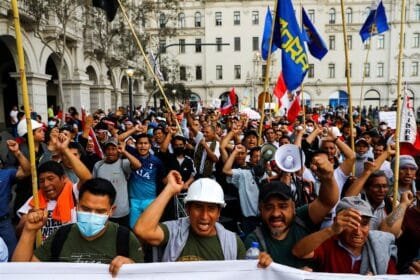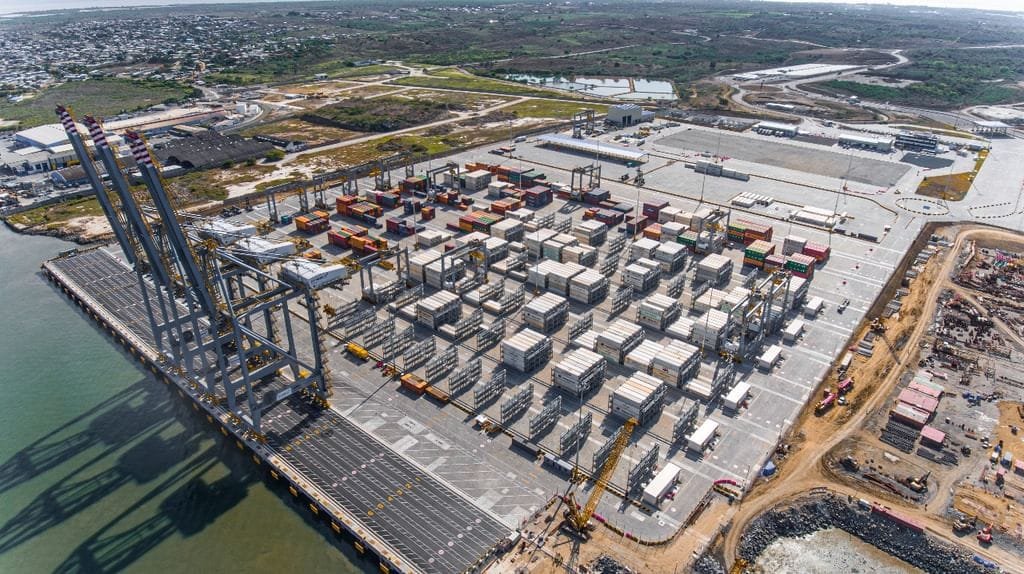Juba, South Sudan—In a new revelation highlighting governance and transparency challenges in South Sudan, the United Nations Human Rights Committee has released an extensive report titled “Non-Oil Revenues.”
- Privatization of tax collection in favor of a company affiliated with the Authority
- National Revenue Authority in the Department of Prosecution
- State governments use citizens’ taxes for personal purposes
- An economic environment that discourages investment and development
- UN calls for reform and independent investigation
- Who pays the price?
It documented widespread institutional corruption within the non-oil revenue management system, which threatens the state’s efforts to diversify sources of income and reduce dependence on oil.
Privatization of tax collection in favor of a company affiliated with the Authority
One of the most notable revelations in the report is the government’s privatization of the collection of taxes and public fees, which was assigned to Crawford Capital Ltd.
The report described the company as “politically connected” to a number of influential leaders in the country.
The report stated that the company keeps a large portion of its revenues in its own accounts, without transferring them to the public treasury.
This is compounded by the absence of independent oversight mechanisms, which has weakened transparency and financial accountability.
National Revenue Authority in the Department of Prosecution
The report also accused the State Revenue Authority (SSRA) of exceeding the legal limit for retaining operating revenues.
While the law stipulates a ceiling of only 2%, the ratio reached 14.5% in 2024–2025.
This is despite the fact that the law itself requires this practice to be phased out by 2023.
The UN committee indicated that it had evidence of illegal withdrawals from the agency’s reserve accounts until early 2025.
Considering that these practices undermine citizens’ trust and hamper economic development efforts.
State governments use citizens’ taxes for personal purposes
The spread of corruption did not stop at national institutions, but also extended to some state governments, which treat personal income taxes as a source of private funding, according to the report.
The committee confirmed that these funds are used by some governors for personal purposes or for purposes not included in the official budget.
The report warned that this behavior reinforces a “culture of impunity” and undermines the foundations for providing basic services to citizens, such as health, education, and water.
An economic environment that discourages investment and development
The report explained that the tax base in South Sudan is extremely limited.
Where revenues are mostly concentrated on employees of international organizations,
This is against the backdrop of an unregulated economy in the mining and logging sectors and the absence of a regulatory legal framework.
The committee stated that economic instability and administrative corruption hinder any genuine attempts to expand the domestic production base or revitalize the non-oil economy.
UN calls for reform and independent investigation
In a statement accompanying the report, the commission said on its official website: “When corruption takes hold of the tax system, the state itself falls under its grip.”
She stressed the need for a comprehensive review of financial policies and the activation of independent oversight.
In addition to conducting a transparent and independent investigation into the activities of the National Revenue Authority and Crawford Capital,
This includes reviewing contracts and procedures related to tax collection.
Who pays the price?
The report concluded that citizens’ money is not being used to serve them, but rather is being used as a means to enrich a select few.
This is amid what the report described as an “economy of structural corruption.”
Observers warned that the continuation of this situation could undermine citizens’ confidence in state institutions and deepen the economic and social crisis.
Calling for genuine political will to fight corruption and uphold the principles of transparency and accountability.
















